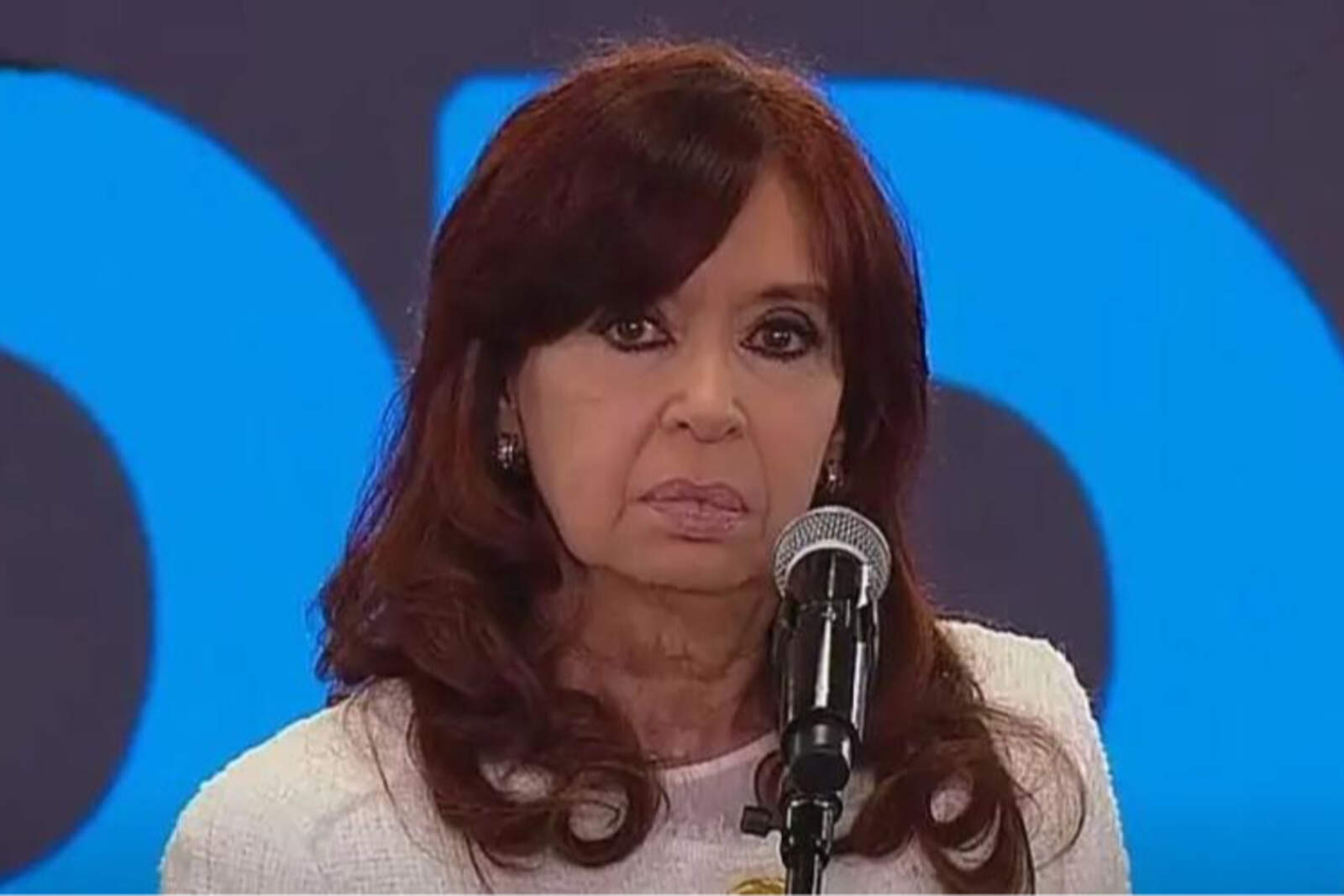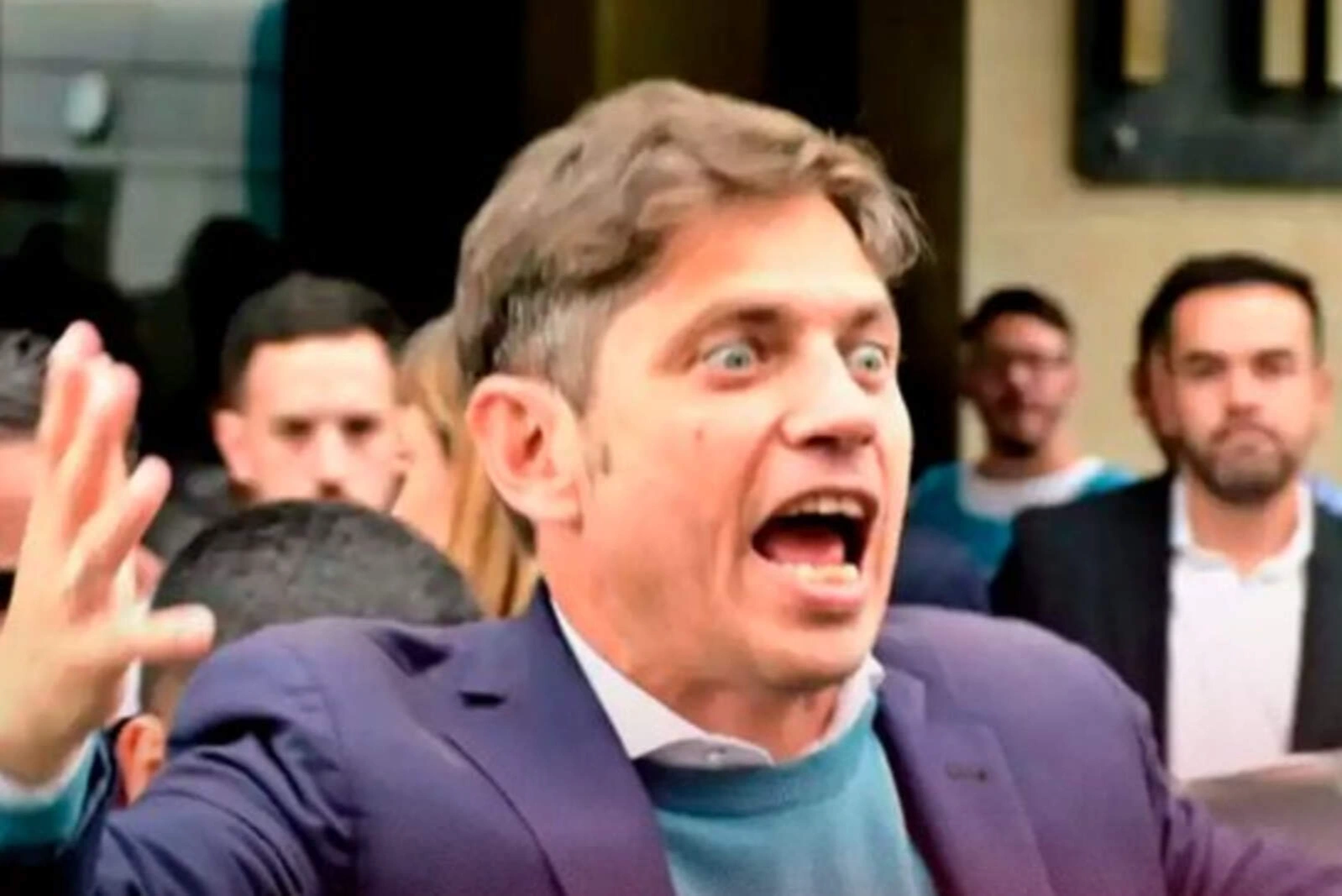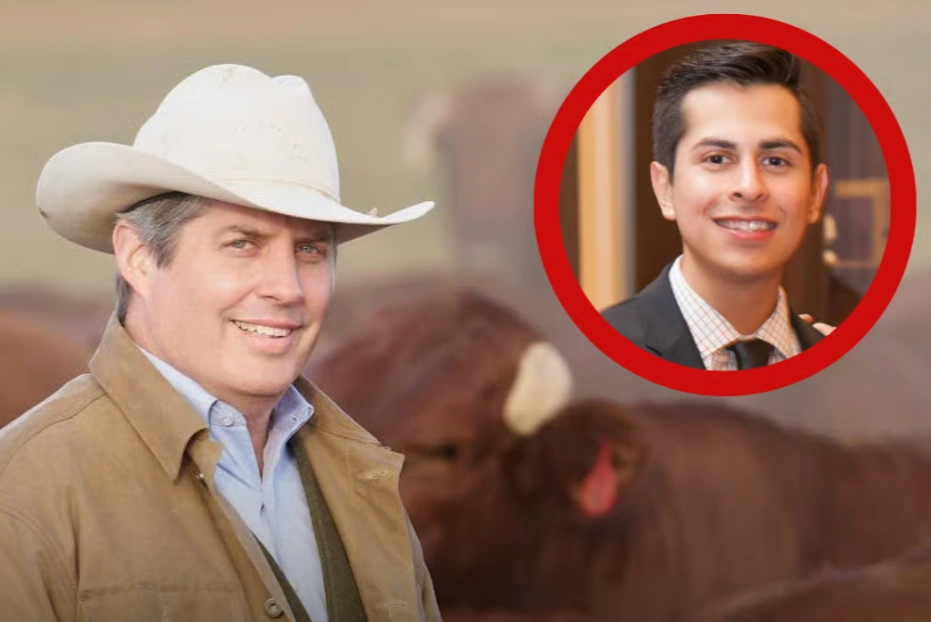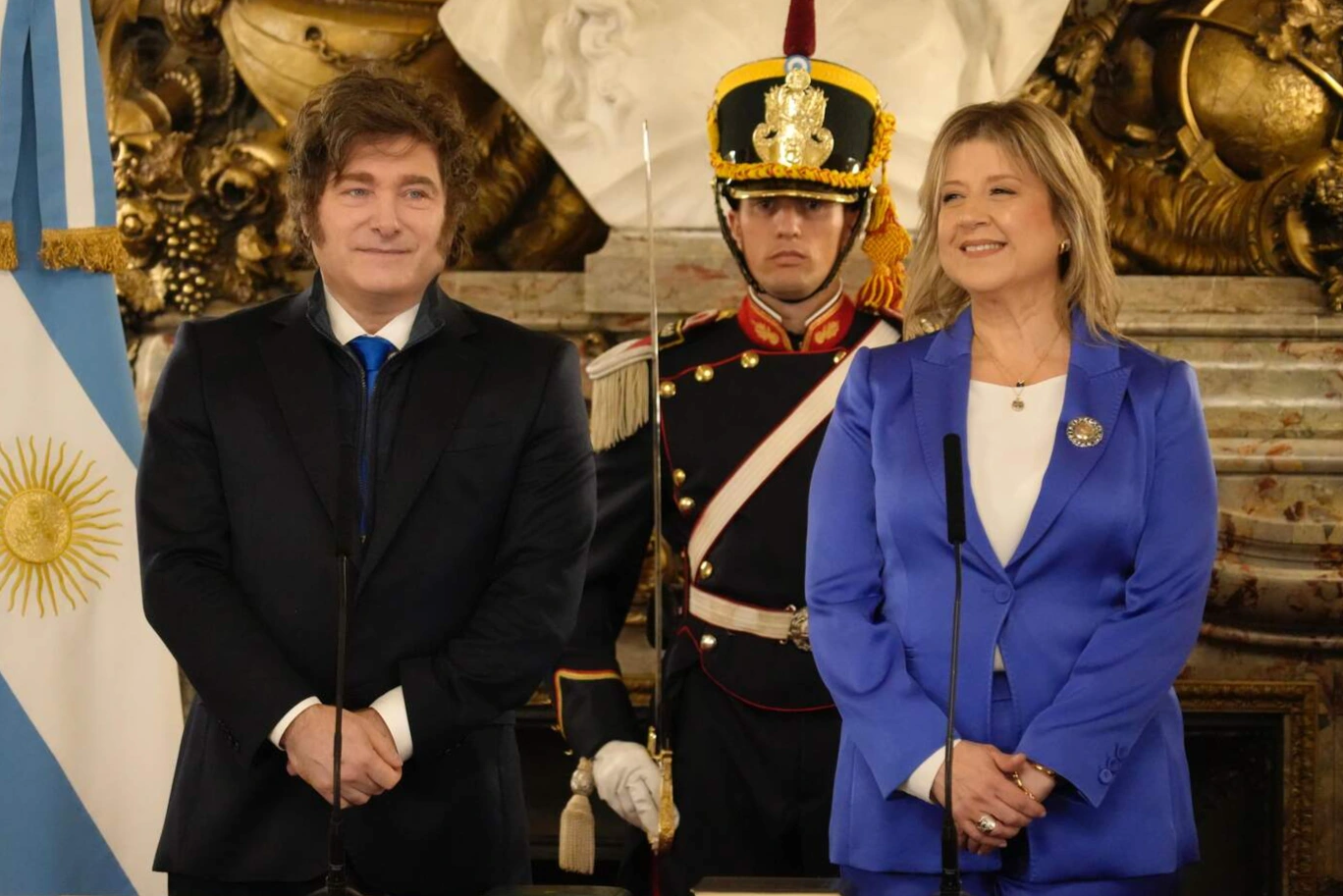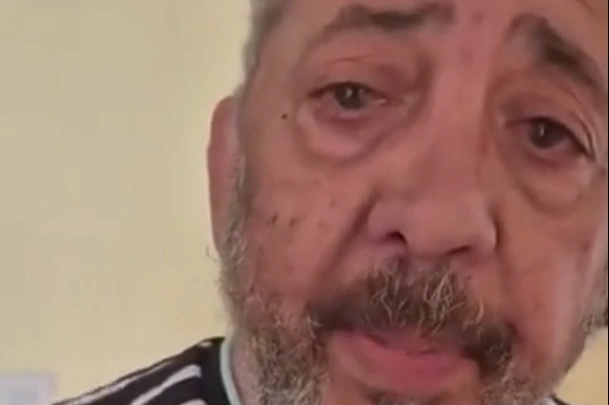Federal Oral Court No. 2, which issued the first-instance conviction against the corrupt Cristina Fernández de Kirchner in the Vialidad case, ordered that the former president and the other convicted individuals appear within five business days at the Comodoro Py courts to comply with the arrest order, following the Supreme Court's decision to uphold the sentences.
Moments earlier, the Supreme Court of Justice of the Nation confirmed the conviction against former president Cristina Fernández de Kirchner, definitively closing her situation in the case known as Vialidad.
In a unanimous decision, the justices of the highest court dismissed the complaint filed by her defense, upholding the sentence imposed by Federal Oral Court No. 2 and confirmed by the Federal Chamber of Criminal Cassation.
What the Supreme Court's ruling says
The ruling, spanning more than 25 pages, dismisses each of the defense's arguments, including alleged violations of the right to defense, lack of impartiality, flaws in the evidence, and infringement of constitutional guarantees. The Supreme Court concluded that there was no violation of guarantees or arbitrariness in previous decisions, and that the challenged sentence was "a reasoned derivation of the applicable law."
